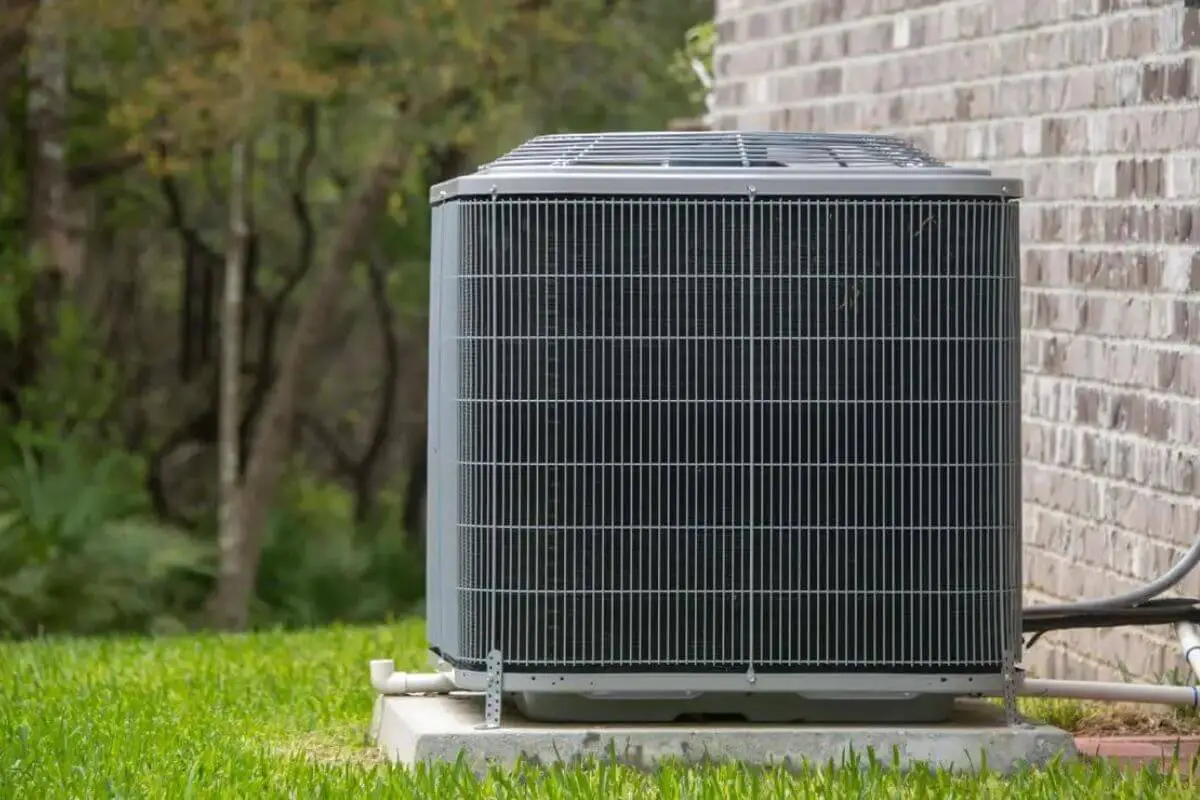When it comes to selecting an air conditioning unit for your home or office, one of the most important decisions to make is determining the appropriate cooling power. The cooling power of an air conditioner is measured in tons, and two common options are the 3-ton and 4-ton AC units. Understanding the differences between these two options and choosing the right one can significantly impact your comfort and energy efficiency. In this article, we’ll delve into the key factors to consider when deciding between a 3-ton and a 4-ton AC unit.
Understanding AC Cooling Power
What Does “Ton” Mean in AC?
Contrary to the weight-based implication of “ton,” in the context of air conditioning, a ton refers to the cooling capacity required to freeze one ton of water in 24 hours. This measurement is used to denote an AC’s ability to remove heat from the air, indicating its cooling power.
Importance of Choosing the Right Cooling Power
Selecting the appropriate cooling power is vital as an undersized AC will struggle to cool the space adequately, leading to energy wastage and discomfort. On the other hand, an oversized AC will cycle on and off frequently, failing to dehumidify the air effectively and causing temperature inconsistencies.
Advantages of a 3-Ton AC
Suitable for Small to Medium Spaces
A 3-ton AC is well-suited for spaces up to a certain size. It strikes a balance between cooling efficiency and energy consumption, making it ideal for small to medium-sized rooms.
Energy Efficiency and Cost Savings
Due to its smaller size, a 3-ton AC typically consumes less energy compared to larger units. It’s a great choice for those looking to save on energy bills without compromising on cooling comfort.
Advantages of a 4-Ton AC
Cooling Larger Areas Effectively
If you have a spacious living area or a large office space, a 4-ton AC might be more appropriate. It can handle the cooling demands of larger spaces efficiently.
Handling High Cooling Demand
In regions with extremely high temperatures, a 4-ton AC can provide the extra cooling power required to maintain a comfortable indoor environment.
Factors to Consider
Size of the Space
The size of the area you need to cool is a crucial factor. A 3-ton AC is suitable for spaces up to a certain square footage, while a 4-ton AC is designed for larger areas.
Insulation and Windows
Well-insulated spaces with energy-efficient windows can retain cool air better, potentially allowing you to opt for a slightly smaller AC.
Climate and Temperature Variation
Consider your local climate and how much temperature variation you experience. Hotter climates might benefit from the extra cooling power of a 4-ton AC.
Heat-Producing Appliances
If your space has numerous heat-producing appliances or high occupancy, you might need a larger AC to offset the additional heat.
Energy Efficiency and Environmental Impact
Right-Sized AC for Optimal Efficiency
Choosing the right-sized AC ensures that it runs optimally, reducing energy consumption and promoting better humidity control.
Reduced Carbon Footprint
An AC that matches your cooling needs prevents excessive energy usage, contributing to lower carbon emissions and a smaller environmental footprint.
Installation Considerations
Ductwork and Airflow
Proper ductwork design and airflow distribution are crucial for even cooling. Consult professionals to ensure your AC unit is well-integrated.
Professional Sizing and Installation
To make an informed decision between a 3-ton and 4-ton AC, seek advice from HVAC professionals. Proper sizing and installation are key to efficient performance.
Cost Considerations
Upfront Costs
In general, a 4-ton AC unit will have a higher upfront cost than a 3-ton unit due to its larger capacity.

Long-Term Savings
While a 3-ton AC might have a lower upfront cost and consume less energy, a 4-ton AC might offer better long-term savings in larger spaces with higher cooling demands.
Conclusion
Choosing between a 3-ton and 4-ton AC involves evaluating various factors, including the size of your space, climate, cooling requirements, and budget. Properly sizing your AC and considering energy efficiency can lead to a comfortable environment and reduced energy bills. Consulting HVAC professionals will ensure you make an informed decision tailored to your specific needs.
FAQs
Is a 4-ton AC always better than a 3-ton AC?
Not necessarily. The choice depends on factors like space size, climate, and cooling demands.
Can I save money with a smaller AC unit?
Yes, a smaller AC can save money upfront and in energy bills, but it must match your cooling needs.
What if my cooling requirements change in the future?
If you anticipate changes, it’s wise to consult HVAC experts who can recommend the best solution.
Are there energy-saving features in modern AC units?
Yes, many modern AC units come with energy-saving features like programmable thermostats and variable-speed compressors.
How do I ensure my AC is installed correctly?
Hiring a professional HVAC technician ensures proper sizing, installation, and optimal performance.



